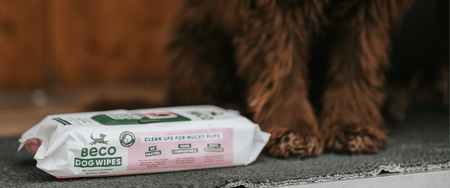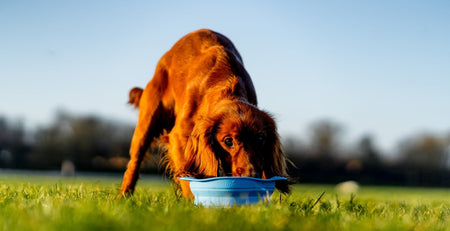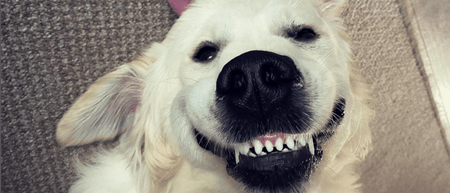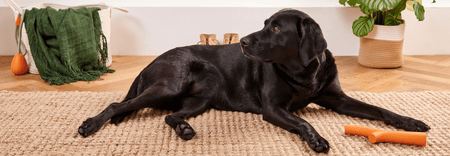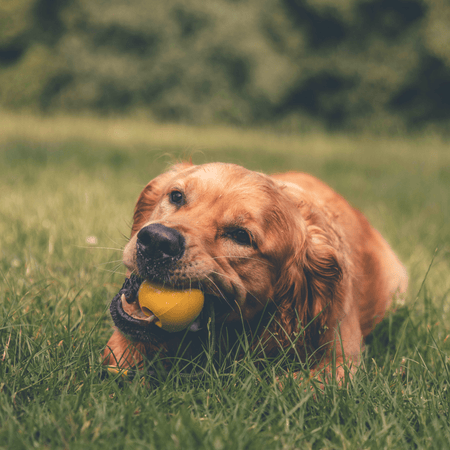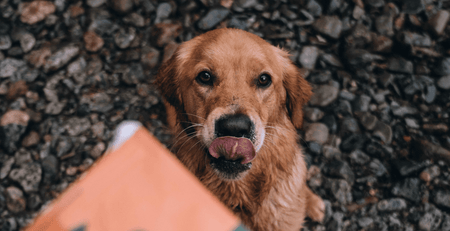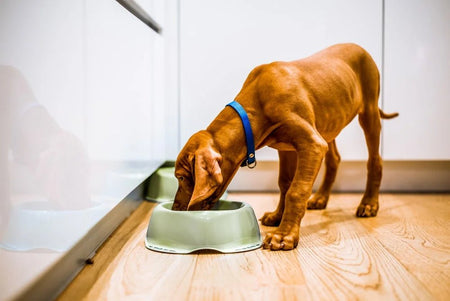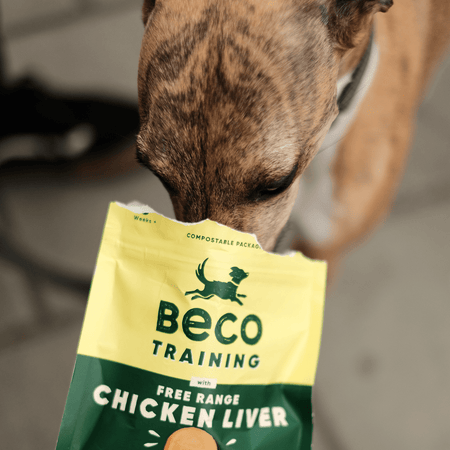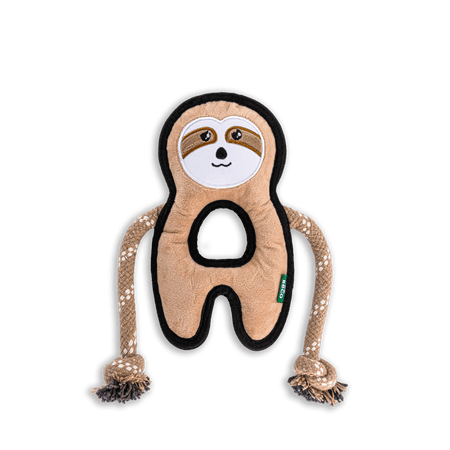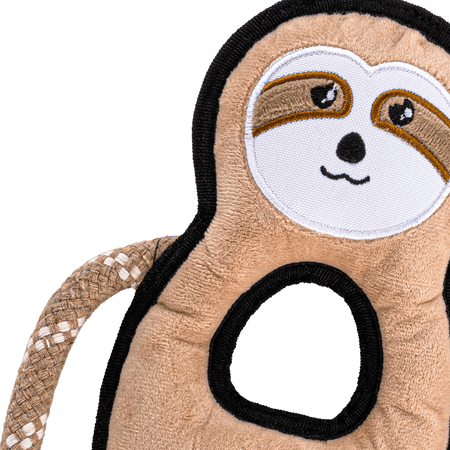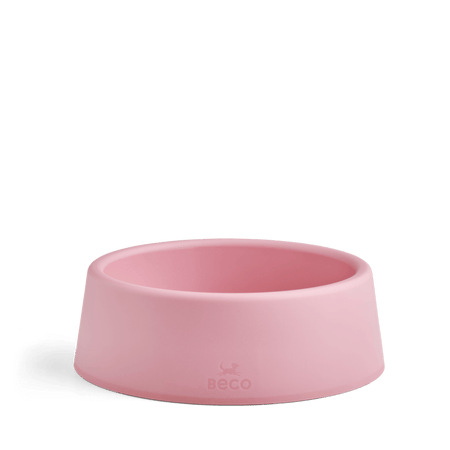You’ve just settled into bed, and then—uh oh—your puppy needs a potty break.
Sound familiar? Toilet training at night can feel like a never-ending cycle of wake-ups and messes. But don’t stress, it’s all part of the journey.
With a little routine, patience, and some clever tricks, you’ll get through it.
Let’s tackle nighttime potty training and help you (and your pup) get a better night’s sleep.
- Establish a consistent bedtime routine with strategic final potty breaks.
- Crate training is a good nighttime bladder control and comfort strategy.
- Understand your puppy’s age-based bladder limitations and scheduled potty breaks.
- Positive reinforcement beats punishment in successful toilet training.
Establishing a Consistent Routine
Puppies thrive on routine, and nighttime toilet training is no different. Structure helps your pup anticipate when it’s time to sleep and time to go.
Set a bedtime and stick to it. Take your pup out for a final potty break 10–15 minutes before lights out.
This isn’t a quick pop outside; let them sniff around and empty their bladder fully. Some pups take longer, so patience is important.
Give it at least five to ten minutes. If nothing happens, bring them in and try again a little later.
Crate Training for Nighttime Success
A properly sized crate is your best friend for nighttime toilet training. Dogs naturally avoid messing in their sleeping area, so a crate encourages bladder control.
But it has to be the right size—just big enough for them to stand, turn around, and lie down comfortably. Too big, and they might pee in one corner and sleep in the other.
Introduce the crate slowly. Make it enticing with treats, feed meals inside, and let your pup explore it during the day.
Turn it into a cosy, positive space—not a punishment zone. When bedtime comes, they’ll settle in without fuss.
Managing Nighttime Potty Breaks
Puppies have tiny bladders and weak control. A general rule: they can hold their bladder for about an hour per month of age. A two-month-old pup? Expect wake-ups every two hours.
How often do puppies pee at night? Newborns need frequent breaks—sometimes every hour. By three to four months, they might manage 4–5 hours.
If your pup wakes up and whines, take them outside immediately. Keep it boring—no play, no excitement. Straight out, pee, then straight back in.
Worried about whether you should wake your puppy up to pee? If they’re sleeping soundly, let them be. But set an alarm for scheduled breaks until you’re confident they can last the night.
Preparing the Sleeping Environment
A calm, comfortable sleep space reduces nighttime restlessness. Keep their crate in your bedroom for the first few weeks—this reassures them and lets you hear when they stir.
Avoid leaving food and water in the crate overnight. Pups who drink too much before bed are more likely to wake up needing to go.
Should I use puppy pads at night? If you’re crate training, no. Pads encourage them to pee indoors. But if you’re using a playpen or an open space, pads can be a temporary backup.
Dietary Considerations Before Bedtime
What goes in must come out. Feeding schedules impact nighttime toilet habits. Give dinner at least three hours before bed and remove their water bowl an hour before lights out. This prevents last-minute hydration and midnight accidents.
When do puppies stop pooping at night? Most pups stop needing overnight poops by 12–16 weeks, as long as they’re on a good feeding schedule.
Recognising and Responding to Potty Signals
Puppies don’t speak, but they have ways of telling you they need to go. Restlessness, whining, sniffing the floor, circling—these are all cues.
At night, a sudden change in breathing patterns or shifting in their crate means it’s time for a break.
If you ignore the signs, accidents happen, setting training back. Be consistent. Hear them stirring? Get up, take them out, and keep interactions low-key.
Positive Reinforcement & Handling Accidents
Praise and treats work wonders. When your pup pees outside, reward them immediately. Not after they come back inside—by then, they won’t connect the treat to the act.
Accidents will happen. If you catch them mid-squat, scoop them up and take them outside. If you find a puddle later, clean it up without a fuss.
Scolding achieves nothing. Enzymatic cleaners remove odours so they don’t return to the same spot.
Gradual Transition to Uninterrupted Nights
As your pup grows, they’ll hold their bladder longer. Slowly extend the time between nighttime potty breaks.
By five months, many puppies sleep through the night. If yours is still waking up frequently, reassess their routine. Too much water before bed? Not enough potty breaks during the day? Adjust and try again.
How long to toilet-train a puppy? Most pups get the hang of it by 4–6 months, but full reliability takes longer. Be patient, stay consistent, and celebrate the progress.
Frequently Asked Questions
How long should you wait outside for your puppy to pee at night?
If your puppy wants to go outside to pee at night, give it at least five to ten minutes. Some pups need longer, especially if they’re distracted. If nothing happens, bring them back in and try again later. Rushing them won’t help.
When should puppies be toilet-trained?
Most pups are ready to be toilet-trained by six months, but every dog is different. Some pick it up quickly, others take a little longer. Consistency is key.
Should I wake my puppy up to pee?
If very young, yes, you can wake your puppy up to pee. Set an alarm and take them out at scheduled intervals. As they grow, they’ll sleep for longer stretches without a break.
Conclusion
Successfully toilet training your puppy at night takes patience, consistency, and understanding of their needs.
By establishing a routine, using crate training, and managing their environment, you can reduce accidents and help your pup develop good habits. Keep in mind that accidents are part of the process, so stay positive and focused on progress.
With time, your puppy will be able to sleep through the night without those midnight potty breaks.
Want to keep your puppy entertained while they settle into their new routine? Shop our range of toys to make bedtime and playtime even more enjoyable!

